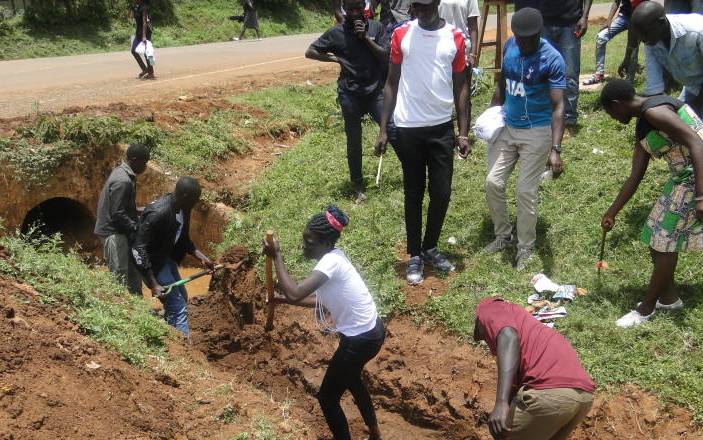×
The Standard e-Paper
Stay Informed, Even Offline

Until March, Paul Oluoch was a teacher employed by the Board of Management and solely depended on the little stipend he received at the end of every month.
But when schools were closed to curb the spread of Covid-19, Oluoch and other teachers like him lost their income.